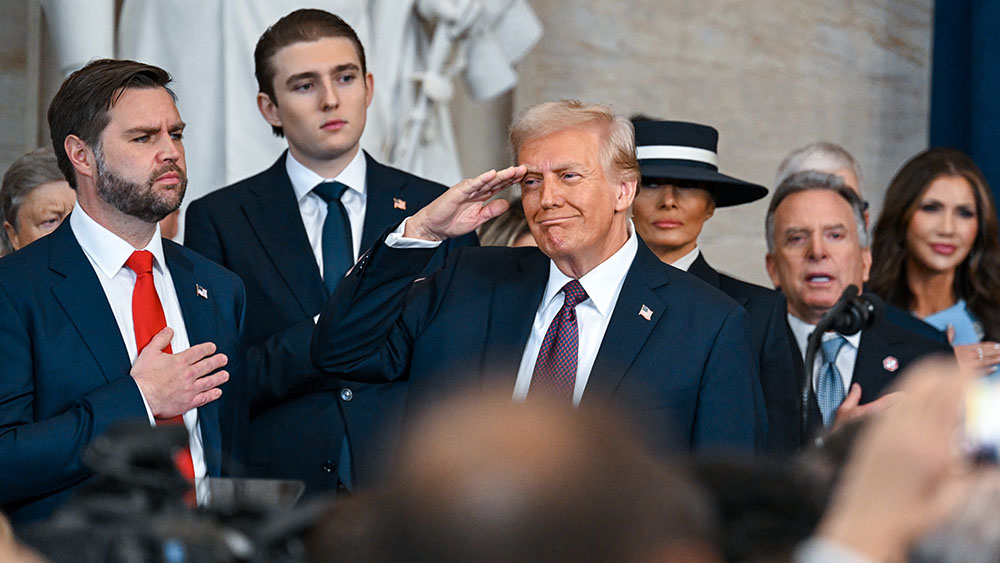
The move stems from fears that India's rising energy demand could have the effect of weakening the rupee further. This is because refiners in India have to sell rupees and buy American dollars for settling crude payments. India currently depends on imports to supply more than 85% of its crude needs, which means that the country is essentially at the mercy of foreign exchange conversions to American dollars.
India is also hoping to leverage its crude consumption increase by promoting its currency in international trade and reducing its reliance on the dollar.
Three major Indian refiners, the Hindustan Petroleum Corporation, Bharat Petroleum Corporation and Indian Oil Corporation, have reportedly already approached several oil exporters about accepting rupees. However, the reception has been mostly cold, with suppliers citing concerns about conversion charges and currency risk.
Although Abu Dhabi National Oil Co. accepted rupees from Indian Oil for part of its payment for a shipment of a million barrels of crude last year, no transactions using the Indian currency have been reported since then.
The rupee has been trading at one of its lowest levels against the dollar in more than a decade, so most of its international trading partners will be unlikely to take them up on their offer. However, it is believed that countries such as Sri Lanka and Bangladesh could be willing to comply as they buy more from India than they sell to the country.
Just four months ago, the Indian government rejected a push from Russian oil companies to pay for Russian supplies of crude using Chinese yuan. Most global oil transactions are conducted in American dollars. However, China has managed to make some inroads in using the yuan to pay for imports.
India's move is significant because the country is the third biggest importer of crude oil in the world and is expected to be a top driver of worldwide consumption growth during this decade.
BRICS nations developing independent payment system to avoid using dollars
India's push comes on the tail of reports by the Russian news agency TASS that the BRICS nations, which include India along with Russia, Brazil, China and South Africa, are going to develop their own payment system using digital and blockchain technologies as part of an effort to move away from the dollar.
In an interview with the news agency, Kremlin aide Yuri Ushakov commented: “We believe that creating an independent BRICS payment system is an important goal for the future, which would be based on state-of-the-art tools such as digital technologies and blockchain."
He added: “The main thing is to make sure it is convenient for governments, common people and businesses, as well as cost-effective and free of politics.”
Although he did not explain what blockchain methods they intend to use, he did mention their aim is to raise their profile in the international monetary system this year.
BRICS nations have made their desire to decrease their reliance on the dollar clear, and they are developing a Contingent Reserve Agreement to support one another should a sudden currency crisis take place. The countries also want to limit the impact of economic sanctions like those the U.S. placed on Russia following its invasion of Ukraine, when they seized $600 billion of Russian central bank assets in American dollars.
Sources for this article include:
Please contact us for more information.






















